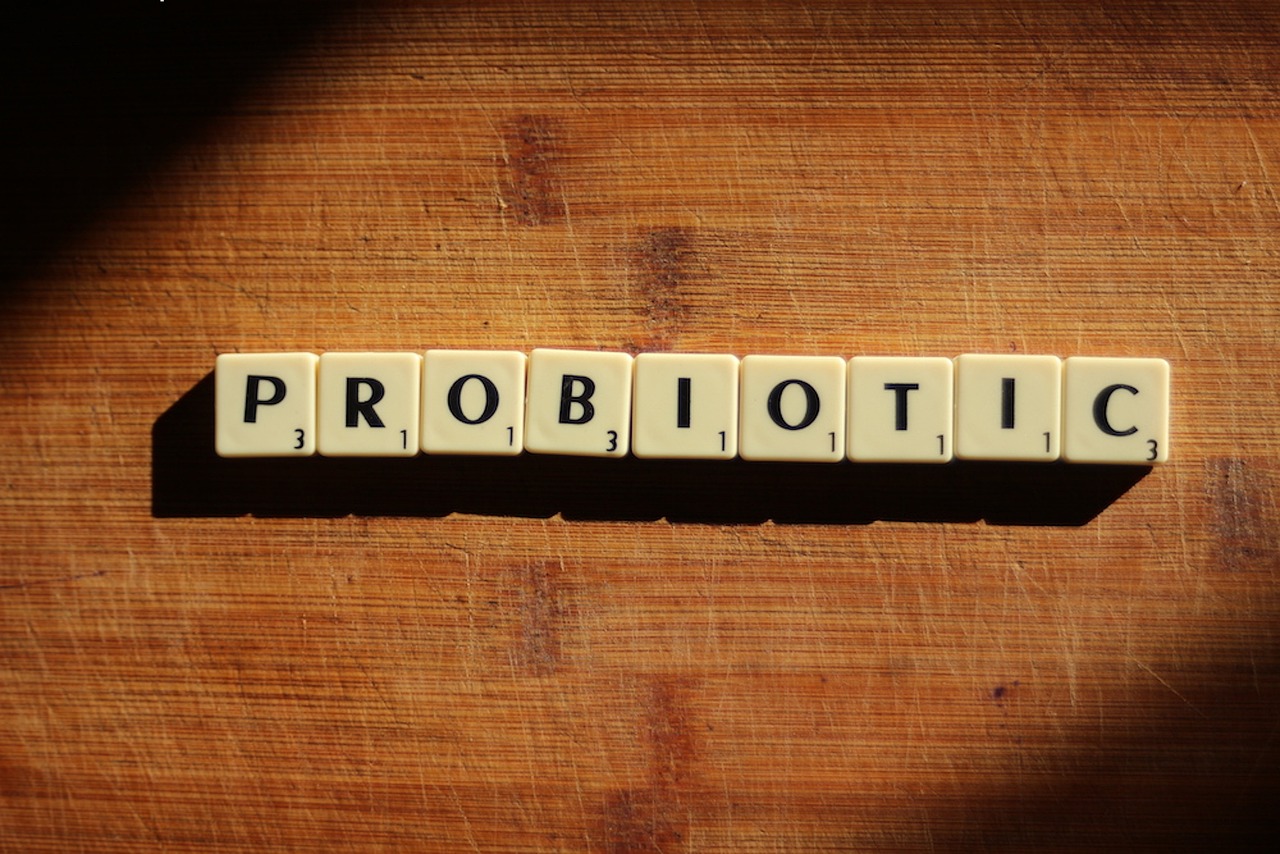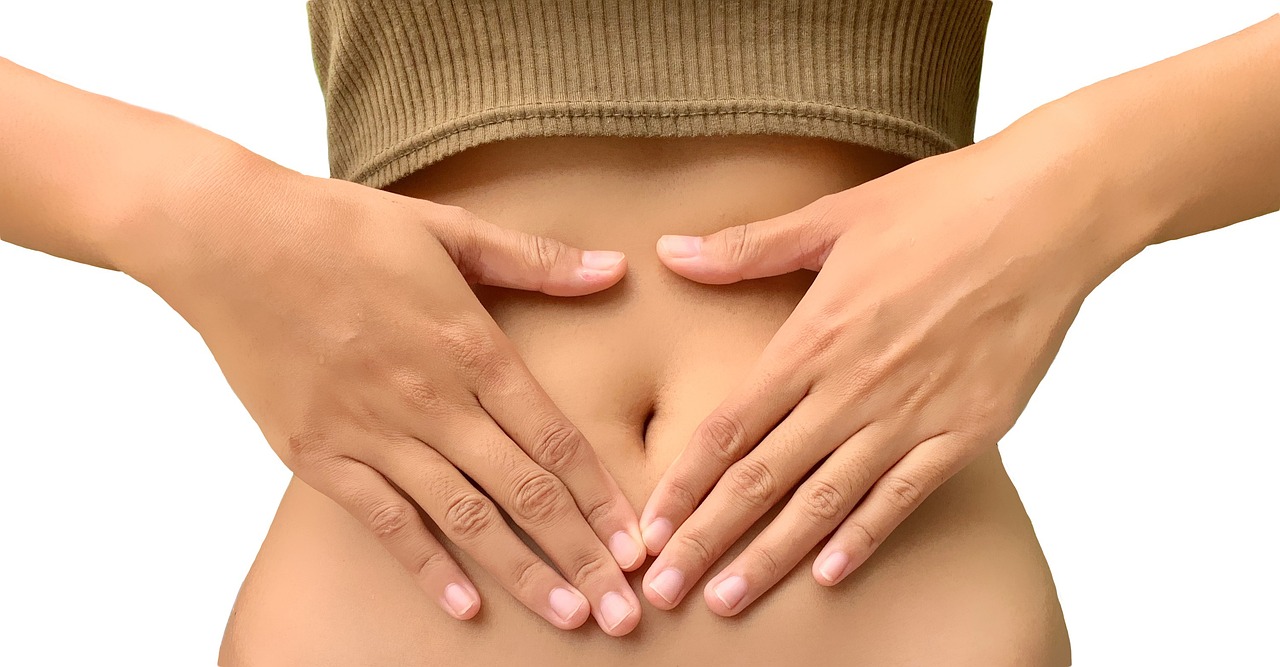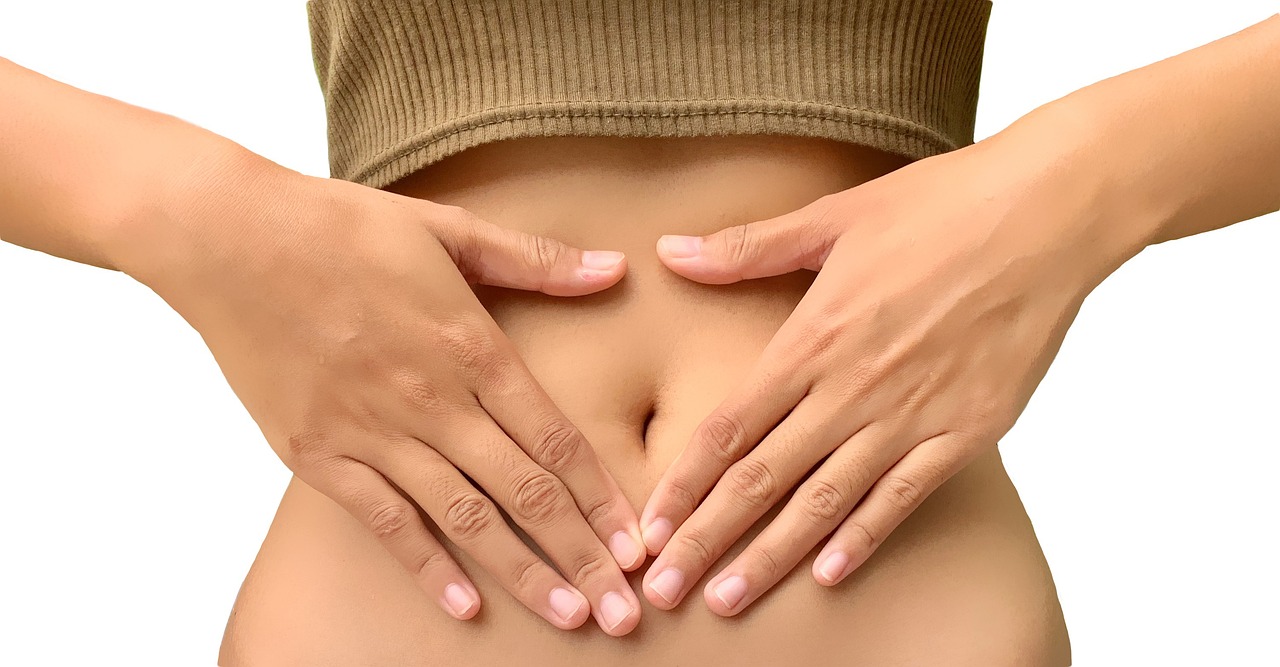Maintaining a healthy gut is essential for overall well-being, and one way to achieve this is by incorporating probiotics into your daily routine. Probiotics are live bacteria and yeasts that are naturally found in our bodies and have numerous health benefits. They not only support digestive health but also boost the immune system, improve mental health, and enhance skin health. In this informative guide, you will learn about the various benefits of probiotics and how they can help you achieve a healthier gut. Discover how to prioritize your well-being and nourish your body with Tastepan’s collection of nutritious and delicious recipes, expert advice, and dietary tips that make healthy eating a breeze.

What are Probiotics?
Definition of Probiotics
Probiotics are live bacteria and yeasts that are beneficial to your overall health, especially your gut health. These microorganisms help restore and maintain a healthy balance of bacteria in your digestive system, which is crucial for optimal functioning.
Different types of Probiotics
There are many different types of probiotics, each with its own specific strains. Some of the most common strains include Lactobacillus and Bifidobacterium. Each strain has unique benefits and is found in different food sources and supplements.
How Probiotics Benefit the Gut
Improves Digestive Health
One of the main benefits of probiotics is their ability to improve digestive health. They help break down food and absorb nutrients more efficiently, reducing discomfort such as bloating, gas, and constipation. Probiotics also promote regular bowel movements and prevent digestive issues like irritable bowel syndrome (IBS).
Boosts Immune System
Probiotics play a vital role in boosting your immune system. They stimulate the production of antibodies and other immune cells, which helps fight off harmful pathogens and infections. By maintaining a healthy balance of bacteria in your gut, probiotics strengthen your body’s defense mechanisms.
Reduces Inflammation
Chronic inflammation can lead to various health problems, including autoimmune disorders and digestive issues. Probiotics have been shown to reduce inflammation in the gut by inhibiting the growth of harmful bacteria and promoting the growth of beneficial bacteria. This can alleviate symptoms and support overall gut health.
Enhances Nutrient Absorption
Probiotics help enhance nutrient absorption, ensuring that your body receives the maximum nutritional benefits from the food you eat. They promote the breakdown and assimilation of nutrients, such as vitamins and minerals, improving overall nutrient absorption and utilization.

Choosing the Right Probiotic
Understanding CFU Count
CFU stands for Colony Forming Units and refers to the number of viable cells of each probiotic strain. When choosing a probiotic supplement, it’s important to pay attention to the CFU count. A higher CFU count typically indicates a more potent and effective probiotic.
Identifying Strain Specificity
Different strains of probiotics have different benefits. It’s important to identify the specific strains that will address your health concerns. For example, certain strains may be beneficial for digestive health, while others may be more effective for immune support. Consulting with a healthcare professional can help you determine which probiotic strains are most suitable for you.
Foods High in Probiotics
Yogurt and Kefir
Yogurt and kefir are well-known sources of probiotics. They contain beneficial bacteria like Lactobacillus and Streptococcus thermophilus, which can improve gut health. However, it is important to choose plain, unsweetened varieties without added sugars or artificial additives for maximum benefits.
Sauerkraut and Kimchi
Sauerkraut and kimchi are fermented vegetables that are rich in probiotics. They are made by fermenting cabbage and other vegetables, which promotes the growth of beneficial bacteria. These tasty fermented foods can add a tangy flavor to meals while providing a natural source of probiotics.
Miso and Tempeh
Miso, a traditional Japanese seasoning, and tempeh, a fermented soy product, are both excellent sources of probiotics. Miso is made from soybeans, rice, or barley fermented with koji culture, which contains beneficial bacteria. Tempeh is made by fermenting cooked soybeans with a specific mold. Both miso and tempeh can be used in various recipes to add probiotics to your diet.

Supplements vs. Natural Sources
Benefits of Supplements
Probiotic supplements offer a convenient way to ensure you are getting an adequate amount of beneficial bacteria. They provide specific strains in controlled amounts and can be useful for targeting specific health concerns. Additionally, supplements are shelf-stable and can be easily incorporated into your daily routine.
Benefits of Natural Sources
Natural food sources of probiotics provide a wide range of beneficial bacteria and nutrients that work together to support overall health. These foods also offer an array of other nutrients and minerals that can contribute to a balanced diet. Incorporating natural sources of probiotics into your diet can offer a multi-faceted approach to improving gut health.
Probiotics and Mental Health
The Gut-Brain Connection
The gut-brain connection refers to the link between the gut and the brain, and how they communicate with each other. Probiotics play a crucial role in this connection by influencing the production and regulation of neurotransmitters, such as serotonin and dopamine. These neurotransmitters are crucial for maintaining balanced moods and overall mental well-being.
Probiotics and Mood Disorders
Research suggests that probiotics can have a positive impact on mood disorders such as depression and anxiety. By promoting a healthy gut microbiome, probiotics can help regulate neurotransmitter production and reduce inflammation, both of which are associated with improved mental health.
Probiotics and Anxiety
Anxiety is a common mental health condition that can significantly impact one’s quality of life. Probiotics have shown promising results in reducing anxiety symptoms. They may alleviate anxiety by regulating neurotransmitter levels, reducing inflammation, and improving gut health, thereby positively impacting mental well-being.
Probiotics and Cognitive Function
Probiotics also have the potential to improve cognitive function. Research suggests that having a healthy gut microbiome can positively affect memory, attention, and overall cognitive performance. By promoting a balanced gut microbiome, probiotics may support optimal brain function.
Probiotics for Weight Management
Probiotics and Metabolism
Some studies suggest that certain strains of probiotics can help promote weight loss and improve metabolic health. Probiotics may influence metabolism by increasing the production of certain hormones that regulate appetite and fat storage. They can also enhance the breakdown and utilization of nutrients.
Probiotics and Appetite Control
Probiotics have been found to play a role in appetite regulation. They may help reduce cravings, suppress appetite, and enhance feelings of fullness. By influencing the hormones that control hunger and satiety, probiotics can aid in portion control and support weight management goals.
Probiotics and Fat Storage
Probiotics may also play a role in fat storage and accumulation. Certain strains can positively influence fat metabolism and reduce fat storage in the body. By modulating gene expression and metabolism, probiotics may help prevent excessive fat accumulation and promote a healthy body composition.
Probiotics for Skin Health
Probiotics and Acne
Acne is a common skin condition that can be frustrating and difficult to manage. Probiotics have shown potential in improving acne symptoms. They can help reduce inflammation, regulate oil production, and promote a healthier balance of bacteria on the skin, which can minimize breakouts and support clearer skin.
Probiotics and Eczema
Eczema is a chronic inflammatory skin condition characterized by itchy and red patches. Probiotics have been studied for their potential role in managing eczema symptoms. By modulating the immune response and reducing inflammation, probiotics may help alleviate eczema symptoms and improve overall skin health.
Probiotics and Skin Aging
Probiotics may also have anti-aging effects on the skin. They can help improve skin hydration, promote collagen production, and reduce the appearance of fine lines and wrinkles. By supporting a healthy skin microbiome, probiotics contribute to a youthful and radiant complexion.
Probiotics and Women’s Health
Probiotics and Vaginal Health
Probiotics can play a crucial role in maintaining vaginal health. They help maintain a balanced pH level in the vagina, preventing the overgrowth of harmful bacteria that can lead to infections. Specific strains of probiotics, such as Lactobacillus, are particularly beneficial for vaginal health.
Probiotics and Urinary Tract Infections
Urinary tract infections (UTIs) are common infections that primarily affect women. Probiotics have shown promise in preventing and managing UTIs by promoting a healthy balance of bacteria in the urinary tract. They can inhibit the growth of harmful bacteria and support a healthy immune response.
Probiotics and Pregnancy
Probiotics can be beneficial during pregnancy as they support overall gut health and immune function. They may also help prevent common pregnancy-related issues such as constipation and gestational diabetes. However, it’s important to consult with a healthcare professional before starting any supplements during pregnancy.
Tips for Incorporating Probiotics into Your Diet
Gradually Introduce Probiotic Foods
When incorporating probiotic foods into your diet, it’s best to start slowly and gradually increase your intake. Sudden changes in gut bacteria can sometimes cause digestive discomfort. Begin with small servings of probiotic-rich foods and gradually increase as your body adjusts.
Consider a Probiotic Supplement
If you’re unable to consume enough probiotic-rich foods, or if you have specific health concerns, consider adding a probiotic supplement to your routine. Look for a high-quality supplement that contains the specific strains recommended for your needs. Consult with a healthcare professional to determine the appropriate dosage.
Experiment with Fermented Foods
Fermented foods are not only rich in probiotics but also add a unique flavor to your meals. Try incorporating a variety of fermented foods like kombucha, kefir, sauerkraut, and miso into your diet. Experiment with different recipes and flavors to find the ones you enjoy the most.
Incorporating probiotics into your daily routine can have numerous benefits for your overall health. Whether you choose to consume them through natural food sources or supplements, the important thing is to prioritize your gut health and enjoy the positive effects that probiotics can have on your body and mind.

